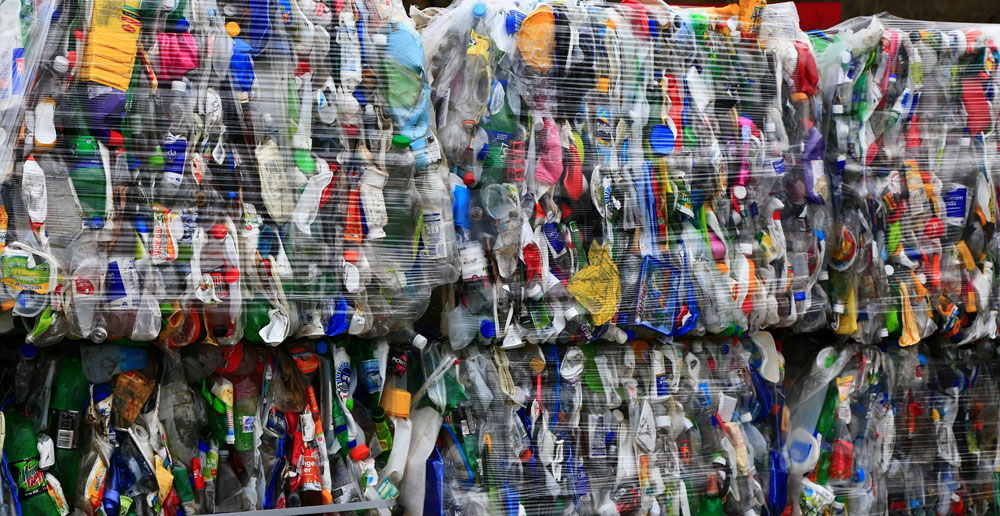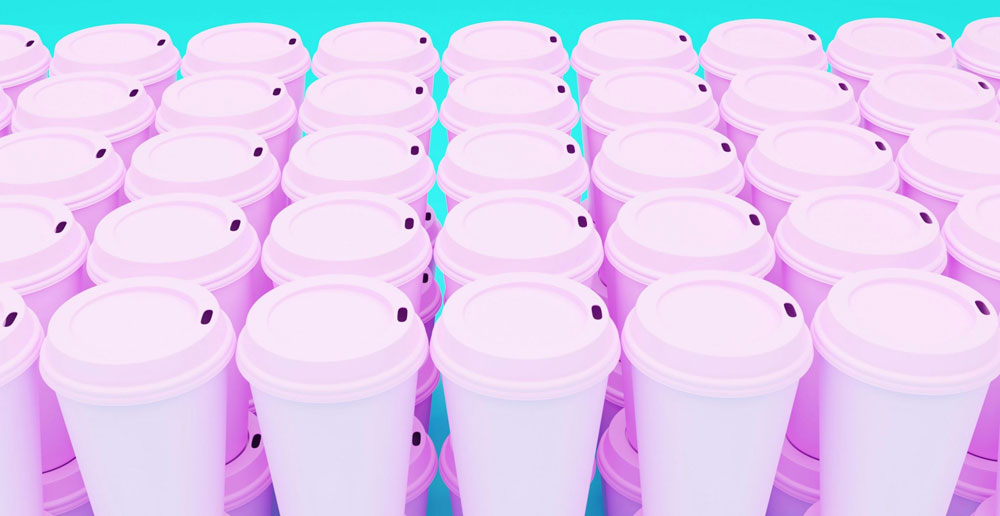Bioplastics offer manufacturers a sustainable alternative to traditional petroleum-based plastics, enabling them to reduce their carbon footprint, comply with environmental regulations, and meet the growing demand for eco-friendly products. Here are just some of the ways in which bioplastics are being used in the manufacturing industry:
- Raw material sourcing: Manufacturing factories procure bioplastic raw materials from suppliers or produce them in-house through processes such as fermentation or extraction from biomass sources. These raw materials serve as the foundation for bioplastic production.
- Waste management: Waste management strategies are used to handle bioplastic scraps, spares, and defective parts crafted during production.
- Packaging: Bioplastics are the ideal option for packaging materials such as food containers, bags, boxes, wraps, and bottles. They offer a similar outcome to traditional plastics while providing the advantage of renewable resources and, in some cases, being biodegradable. Biodegradable bioplastics can be composted, while non-biodegradable bioplastics may be recycled or processed for energy recovery through methods such as incineration or anaerobic digestion.
- Consumer goods: Bioplastics are used for the production of a number of plastics including toys, utensils, electronics, cosmetics packaging and household accessories.
- Automotives: Ideal for the use of interior trim, panels, and upholstery, bioplastics are used by automotive companies and supplies to provide sustainable products and parts. Manufacturers use bioplastics to reduce the environmental footprint of their vehicles and meet sustainability targets as well as still provide safety standards and the necessary characteristics.
- Medical devices and accessories: Bioplastics are used in the production of medical devices and implants due to their biocompatibility and biodegradability. They are used in applications such as surgical sutures, drug delivery systems, and tissue engineering scaffolds. Not only does this provide a sustainable option for manufacturers, but also a hygienic finish for spaces which require a high sense of health and safety.
- 3D printing: Used to create prototypes, consumer products, and biomedical implants using additive manufacturing techniques, bioplastics provide a simple and eco-friendly solution for 3D printing and solutions.


